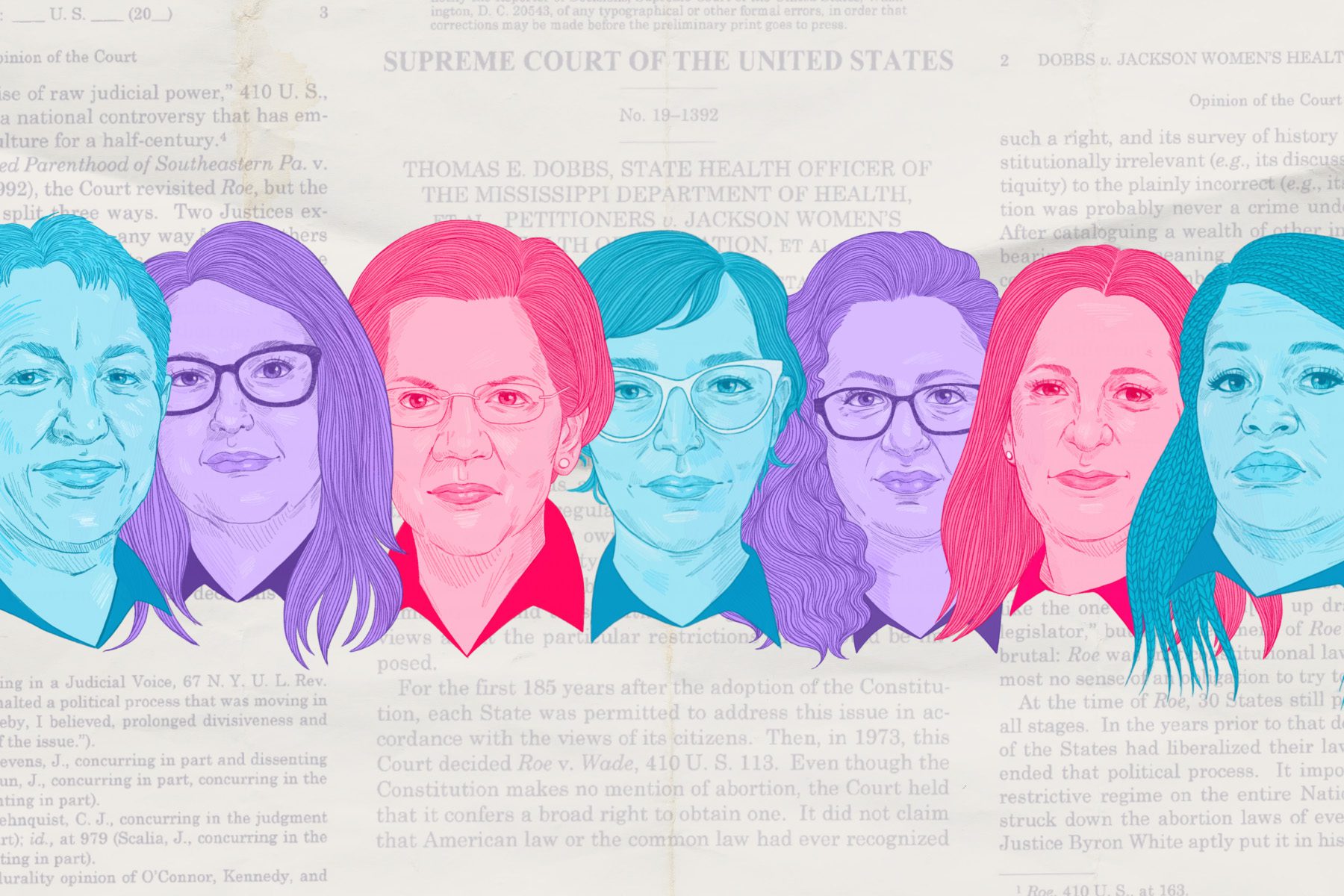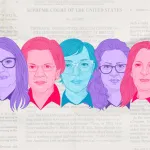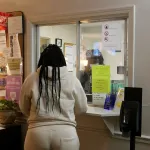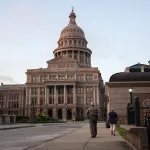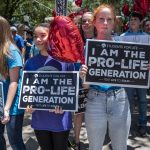Almost a year ago, Abby Johnston, The 19th’s editorial director, first mentioned the idea of writing an oral history of the summer Roe v. Wade fell. The thought, as she put it, was to capture what losing federal abortion rights felt like in real time. It’s something we were living through and understood, even then, as a critical chapter in our nation’s story.
That vision came to fruition on Tuesday, when we published “93 days: The summer America lost Roe v. Wade.” We chose to anchor the piece — the longest story The 19th has ever published — in three concrete moments from May to August 2022 that captured just how transformative this decision was and remains.
To give readers a true feel for last summer, I wanted to include voices from as many perspectives as possible. That meant speaking to lawmakers, activists who support abortion rights and those who oppose them, and the people who work in abortion clinics. Most important, though, was including the stories of people who were experiencing unplanned pregnancies, who were considering abortion, and whose options varied in some cases from day to day.
We knew this wouldn’t be an easy feat to pull off. But this project, while technically reported over the past five months, benefited from years of our work covering abortion at The 19th. After working nonstop since 2021 to cover the looming fall of Roe, I had built a list of sources whose stories I knew would be instructive and illuminating. And I knew that they would trust me to do a thorough, accurate job.
Several of those people appeared in the final piece we published this week. Andrea Gallegos, who used to run abortion clinics in Texas and Oklahoma, had told me several times last year what it felt like to keep navigating her states’ new abortion bans, many of which were passed before the Dobbs decision.
-
Read The Full Story:
-
Read The Full Story: 93 days: The summer America lost Roe v. Wade
There was Dr. Christy Bourne, a physician whose abortion clinic in Kansas I have visited several times. And I had spoken before writing this piece with Dr. Gabrielle Goodrick about her experiences providing care in Arizona, where contradictory abortion laws made it nearly impossible to know what rights people still had once Roe was gone. Many other doctors and clinicians I knew did not appear in this piece, but they played a critical role all the same.
I want to remark on the absence of Republican voices in this story. As a journalist, I care deeply about speaking to anyone whose story would help readers better understand what it meant when Roe fell. In pursuit of that goal, I reached out repeatedly to 16 Republican lawmakers on both the federal and state levels. All of them had spoken publicly about abortion before, but none would agree to participate in this project. Of the three anti-abortion advocacy groups I contacted, only one — Students for Life — was willing to be included.
Still, the trickiest part of any story like this is speaking with patients who are willing to share their experiences getting an abortion — a medical service that is stigmatized and now illegal in large parts of the country. Talking to people about their experience with abortion is essential to illustrating the impact bans on the procedure can have. It also means asking them to share with the world the details of their medical history, something inherently personal and private.
Our history of coverage on the issue mattered greatly when it came to speaking with patients. I was able to tap into every network I have to meet the four women whose stories we published. More importantly, I was able to show them the robust body of abortion coverage I had done, and more specifically how I had reported on the experiences of people who seek abortions. That work helped demonstrate that at The 19th, we have covered this issue thoroughly, accurately and empathetically, and that to us, abortion laws’ real-life consequences are a front-page story every day. And it helped me convey that if given the chance, I would treat their stories as well with the care they deserve.
Publishing stories like this is why The 19th exists. It is our chance to center the voices and stories often sidelined in traditional media, often because of their gender. And it is proof that taking their stories seriously from the outset — as we have done ever since we launched — is critical to offering them the best journalism possible.
The voices behind the recollections
The 19th spoke with people from across the country about those historic days during the summer Roe v. Wade fell: lawmakers, physicians, organizers on both sides of the abortion fight and pregnant people navigating a new world. Listen to their stories.
